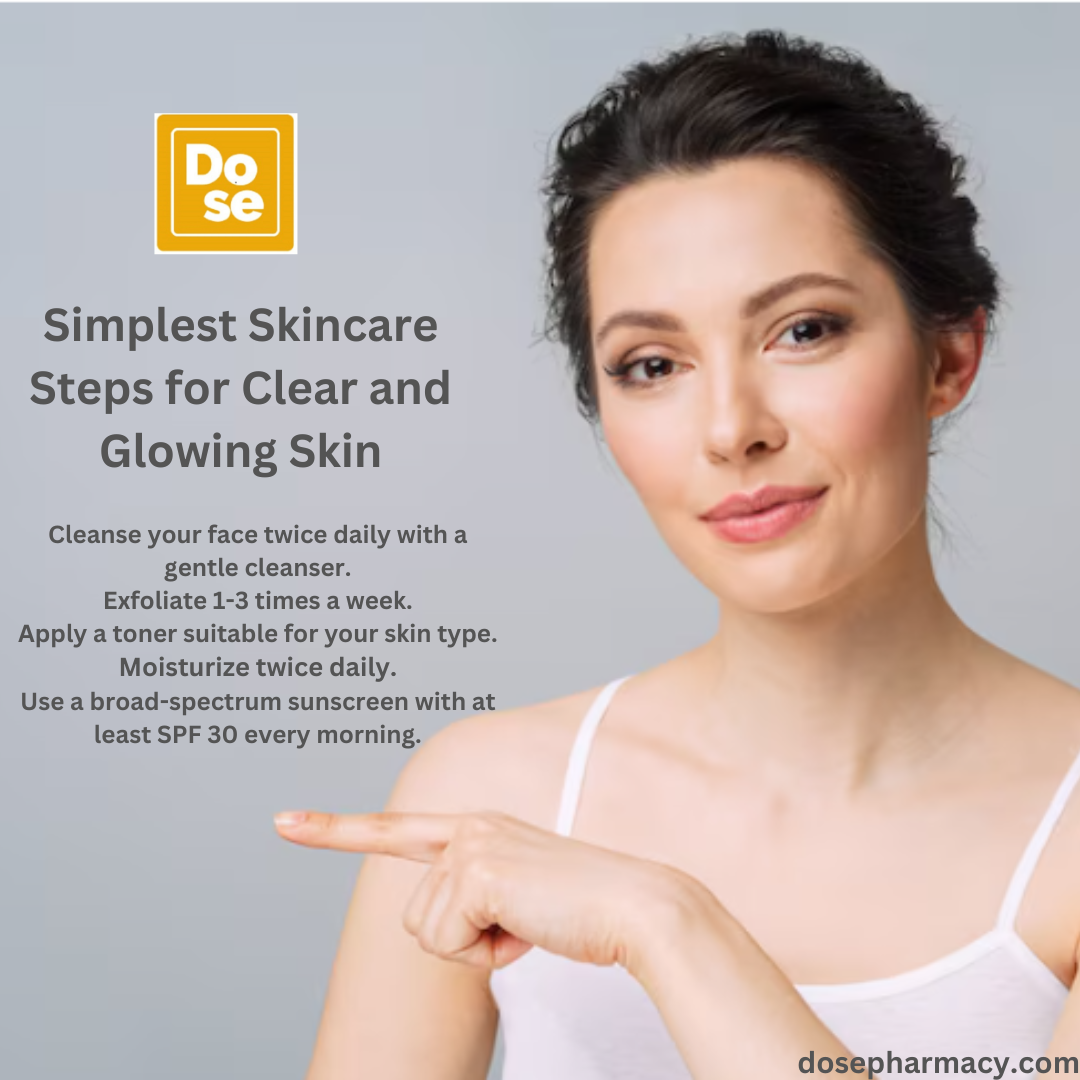Acne, a common skin condition, often makes its unwelcome debut during the teenage years. Characterized by blackheads, whiteheads, pimples, and sometimes cysts, acne can significantly impact a teen’s self-esteem and confidence. While it can be frustrating, understanding the causes and effective treatments can help manage this skin condition. If you are looking for some genuine cure then must try accutane 40 mg
Understanding Acne
Acne occurs when hair follicles become plugged with oil and dead skin cells. These clogged pores can become infected with bacteria, leading to inflammation and pimples. Several factors contribute to acne, including:
- Hormonal Changes: During puberty, hormone levels fluctuate, stimulating oil glands and contributing to acne.
- Genetics: Acne often runs in families.
- Bacteria: Propionibacterium acnes, a type of bacteria, thrives in oily environments and can worsen acne. you should try accutane for acne
- Diet: While specific foods don’t directly cause acne, some studies suggest a link between a high-glycemic index diet and acne severity.
- Stress: Stress can exacerbate acne by increasing hormone levels.
Treating Teenage Acne
A comprehensive approach is often necessary to manage acne effectively. This includes:
Over-the-Counter Treatments
- Gentle cleansers: Wash your face twice a day with a mild cleanser to remove oil and dirt without over-drying.
- Benzoyl peroxide: This ingredient kills acne-causing bacteria and reduces inflammation. It’s available in various concentrations, so start with a lower percentage and gradually increase if needed.
- Salicylic acid: This beta-hydroxy acid helps unclog pores and exfoliate the skin. It’s suitable for those with oily or sensitive skin.
Prescription Treatments
If over-the-counter products aren’t effective, a dermatologist may prescribe stronger medications, including:
- Topical antibiotics: These help reduce bacteria and inflammation.
- Retinoids: Derived from vitamin A, retinoids help unclog pores, reduce inflammation, and promote skin cell turnover.
- Oral antibiotics: For more severe acne, oral antibiotics may be prescribed to fight bacteria.
- Hormonal birth control: For females, birth control pills can help regulate hormone levels and improve acne.
Lifestyle Factors
- Diet: While not a direct cause, a balanced diet with plenty of fruits, vegetables, and whole grains can support overall skin health.
- Stress management: Practice relaxation techniques like deep breathing, meditation, or yoga to help manage stress.
- Avoid touching your face: Hands carry bacteria that can worsen acne.
- Regular hair washing: Oil from your hair can transfer to your face, so wash your hair regularly.
When to See a Dermatologist
If over-the-counter treatments aren’t working, or if you have severe acne, it’s essential to consult a dermatologist. They can diagnose your specific type of acne and recommend appropriate treatments.
Remember, acne is a common part of adolescence, and it’s essential to be patient. It may take several weeks or even months to see improvement. Avoid picking or squeezing pimples, as this can lead to scarring. With the right approach, you can effectively manage acne and boost your confidence.
Disclaimer: This information is intended for general knowledge and informational purposes only, and does not constitute medical advice. Always consult with a qualified healthcare professional for any medical conditions.

